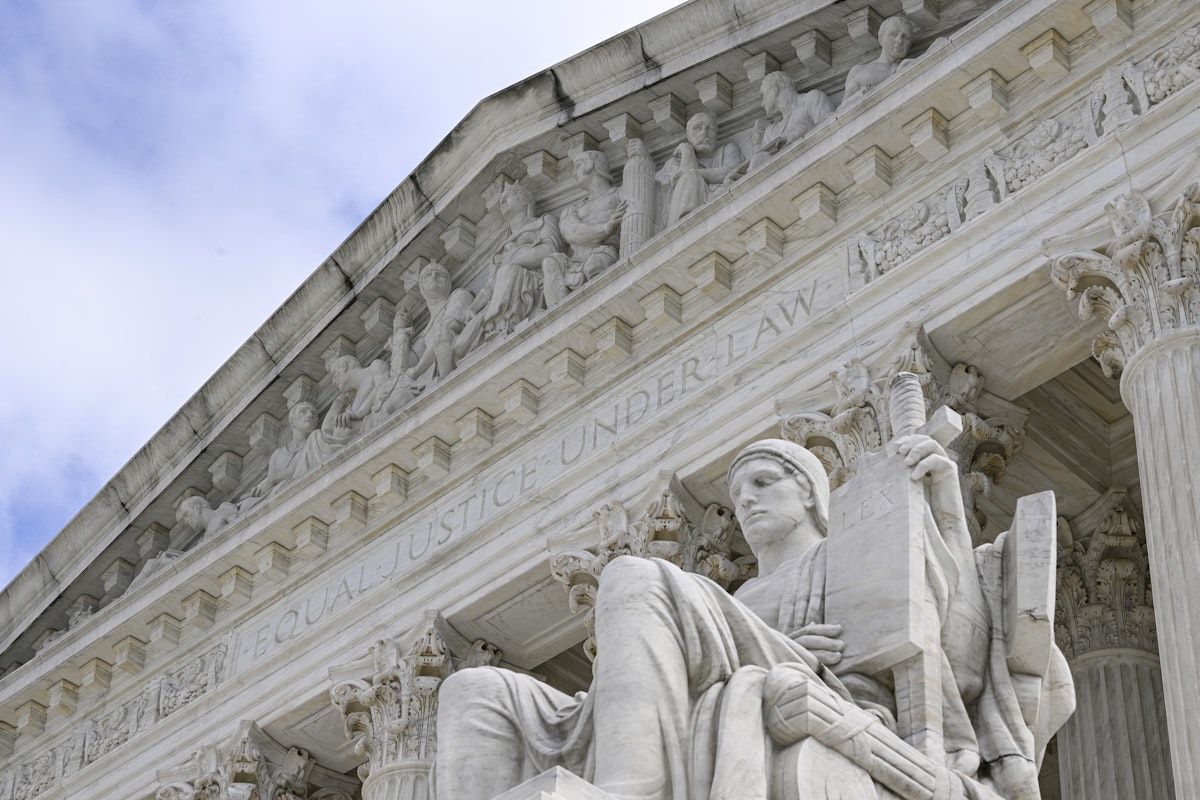
There is a second, much-ballyhooed assault against the “administrative
state” on the docket that is likely to be argued early next year. This case, Loper Bright
Enterprises v. Raimando, was accepted in May of this year solely to address
one question: whether the court should overrule a 1984 decision widely known simply as “Chevron.” Chevron established a rule that federal
judges and justices should “defer to”—which is lawyer-speak for “leave
undisturbed”—“reasonable” agency interpretations of statutory provisions
assigned to them in statutes, rather than craft the judges’ own
interpretations.
As noted in an amicus curiae brief filed by Columbia
Law administrative law guru Thomas Merrill, “Chevron is one of the most
cited decisions in American public law,” 244 times by the Supreme Court itself
and thousands of times by the lower federal courts and even state courts. The case, and the doctrine of “deference” to
agency determinations for which it stands, have come to be reviled by
anti-regulatory interests, activists, and academics. Texas firebrand Senator
Ted Cruz, who filed an amicus brief in the case, denounced Chevron for
“play[ing] an enormous role in the expansion of the administrative state … resulting in the American people being subject to the tyranny of the
bureaucracy.”
No fewer than 53 conservative and libertarian think tanks, corporations,
trade associations, and individuals filed amicus briefs calling for
overrule of Chevron, sprinkled with similarly strident flourishes. On
the left, the stakes in Loper were likewise histrionically cast in
existential terms. In a brief on behalf
of Senators Sheldon Whitehouse, Mazie Hirono, the late Dianne Feinstein, and Elizabeth
Warren, University of California at Berkeley law Dean Erwin Chemerinsky urged
the justices to “reject a decades-long effort by pro-corporate interests to
eviscerate the federal government’s regulatory apparatus.” The senators’
accompanying press release warned that, “by overruling Chevron,”
the court would “open the floodgates to corporate and judicial supremacy
in our political system.”